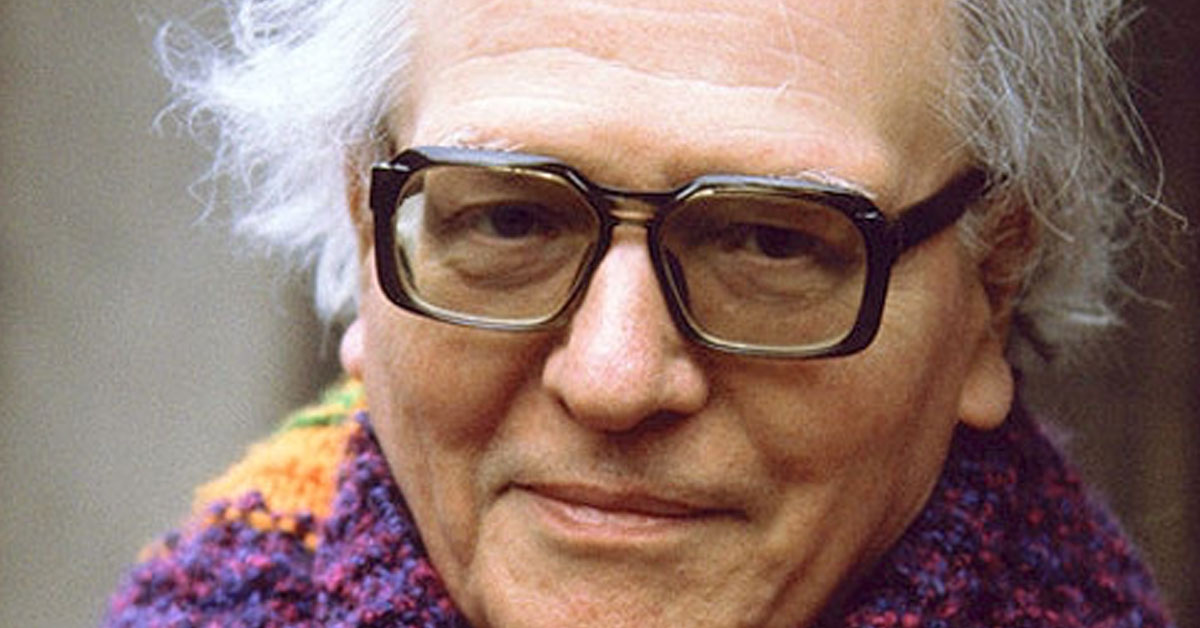léonie sonning music prize 1993
The Austrian conductor Nikolaus Harnoncourt received the Léonie Sonning Music Prize of 200,000 Danish kroner at a concert on 8 June 1993 at the Tivoli Concert Hall.
The prize was presented by the Royal Theatre’s Kapelmeister Poul Jørgensen, the Léonie Sonning Music Foundation’s chairman.
citation
From the time Nikolaus Harnoncourt created his ensemble Concentus Musicus Wien until now, where his repertoire has moved deep into nineteenth-century music, he has, through deep personal approaches and with a broad view of music, stripped away habitual thinking and misleading traditions to let music appear in a new light.’
The programme
Joseph Haydn L’Infedeltà Delusa Opera in two acts
Soloists:
Andrea Rost, soprano
Charlotte Margiono, soprano
Scot Weir, tenor
Don Bernardini, tenor
Anton Scharinger, bass-baritone
Concentus Musicus Wien
Conductor: Nikolaus Harnoncourt
Harnoncourt in Denmark
It was Nikolaus Harnoncourt’s innovative work with music of the Baroque and Classical eras over several decades that won him the prize. In Denmark, his concerts and hundreds of recordings had been admired over the years, especially given the Danish musical establishment’s distinct twentieth-century tradition of looking at early music with a clear, scientific eye in order to cleanse it of distorting history. As early as the 1950s, one could hear groundbreaking recordings by Nikolaus Harnoncourt on Danish radio.
The daily press wrote, among other things:
It is his leap out of academic correctness that has sealed his status today. Had he remained a specialist in Baroque music, where he was a leader in his field in the 50s and 60s, he would be seen as a respectable pioneer, a period instrument performer in a domain already being visited by new, younger opinions. But Harnoncourt expanded his field, threw himself into the Viennese classics and opera, and at the same time worked with modern orchestras. He took experiences from “historical” performance with him, listening to the dynamics, colours, and emotional strength and bringing them into mainstream music making. It was truly innovative. At the same time, it fertilized his work with the “historical”, so any sense of academia was blown away by the sheer musicality of his performances, as works and their language were fascinatingly unveiled.
(Peter Woetmann Christoffersen, Berlingske Tidende, 10 June 1993)
When his forty-year-old orchestra Concentus Musicus Wien is on stage, and he has entered as the last man after his singers, Nikolaus Harnoncourt closes the door backstage door after him. I have never seen anyone do that before. So we’re here on his terms, and two hours later, we can consider that as Harnoncourt is belittling his own efforts as the Mother Hen who has given free rein to 30 musicians. “I am the only one here who makes no noise and still I get the credit”.
Peter Johannes Erichsen, Weekendavisen, 11 June 1993
As has happened before, the presentation of the Sonning Prize delivered a musical event as new and unusual as it was high-quality.. The Austrian conductor Nikolaus Harnoncourt brought his own elite ensemble playing 18th-century music on period instruments, making the case for a forgotten work from the era: an Italian comic opera by Haydn composed in 1773. […] The performance was in a class of its own: a marvel of beauty, charm and perfection that itself made the evening memorable. The golden strings are Harnoncourt’s signature. He is a string player himself and shapes his expression with the richest of nuances, in the tingling interplay of phrasing, pointing and refined articulation that with a rhythmic resilience and miraculous precision keeps the music just below boiling point. Excitement balances on tiptoes like the noblest thoroughbred horse.
(Jan Jacoby, Politiken, 10 June 1993)





